Let’s find out how much a water heater consumes, what precautions to take when buying it and the advantages of having a more efficient one
Water heaters are one of the most used appliances in modern homes, and are essential for ensuring personal comfort and hygiene. However, the traditional water heaters they consume a significant amount of electricity or gas to function, with a negative impact on the environment and on household energy bills. For this reason, it is important to choose a water heater with high energy efficiency, capable of reduce at least the consumption Of energy without compromising performance. This way, you not only save money money sui energy costs, but you also help protect the environment by reducing the emission of greenhouse gases. Let’s not get lost in chatter and see how much a water heater consumes.
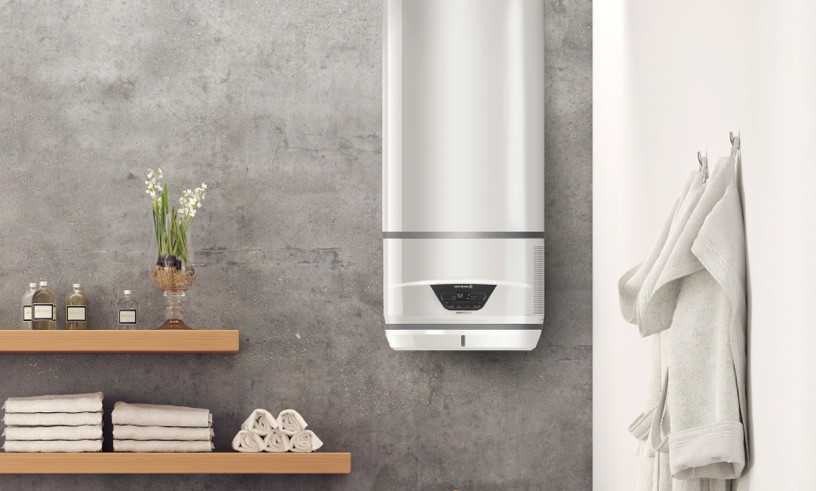
What variables does consumption depend on? | How much does a water heater consume
There are several variables that affect a water heater’s energy consumption, including tank capacity, set temperature, frequency of use, and energy efficiency. In particular, a water heater with high energy efficiency can significantly reduce the energy consumption required to heat water. Another important variable is the set temperature, as an increase of only 5°C can increase the energy consumption of the 10-15%. In addition, the frequency of use and the capacity of the tank are also factors to consider, since a water heater that is used frequently or with too large a capacity can consume more energy than it actually needs. Therefore, choosing a water heater with high energy efficiency and adapting the temperature and capacity of the tank to actual needs can help reduce energy consumption and its environmental impact.

Consumption by energy class | How much does a water heater consume
The energy consumption of a water heater, as we have said, also depends on its energy class energy efficiency. Typically, the energy class of water heaters (and not only) ranges from Class A (more efficient) to classe G (less efficient). Here is a rough estimate of the average consumption of a water heater based on its energy class:
- Class A: the average annual consumption of a class A water heater model can vary from 120 to 180 kWh, depending on the size and use
- Classe B: a class B water heater can consume about 200 kWh per year
- Class C: the annual consumption of a class C water heater can vary from 220 to 280 kWh, again based on size and use
- Class D: a class D water heater can consume about 300 kWh per year
- E class: the annual consumption of a class E water heater can vary from 320 to 400 kWh
- Classe F: a class F water heater can consume around 500 kWh per year
- Classe G: a class G water heater can consume up to 600 kWh per year
However, it is important to note that this data is only indicative and the actual consumption of a water heater also depends on other factors such as the frequency Of use, the capacity of the reservoir and the set temperature.
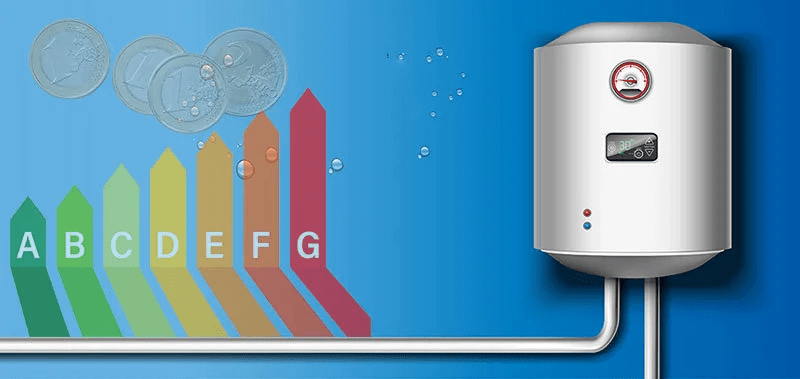
Conclusions | How much does a water heater consume
In conclusion, choosing a water heater with high energy efficiency can significantly reduce il consumption of electricity or gas needed to heat the water, with a positive impact on the environment and on the bill household energy. Fortunately, many brands produce water heaters with a high energy class, able to guarantee high performance with low energy consumption. Among the most renowned brands for high quality and energy efficient water heaters, we can mention Bosch, Ariston, Vaillant, Junkers, Ferroli and many others. However, it is always important to evaluate the specific needs of your family and choose a water heater with the right one capacity e functionality to minimize energy consumption e maximize il savings.
What do you think about it? Let us know with a comment below and continue reading techgameworld.com to stay updated on the latest news and more.






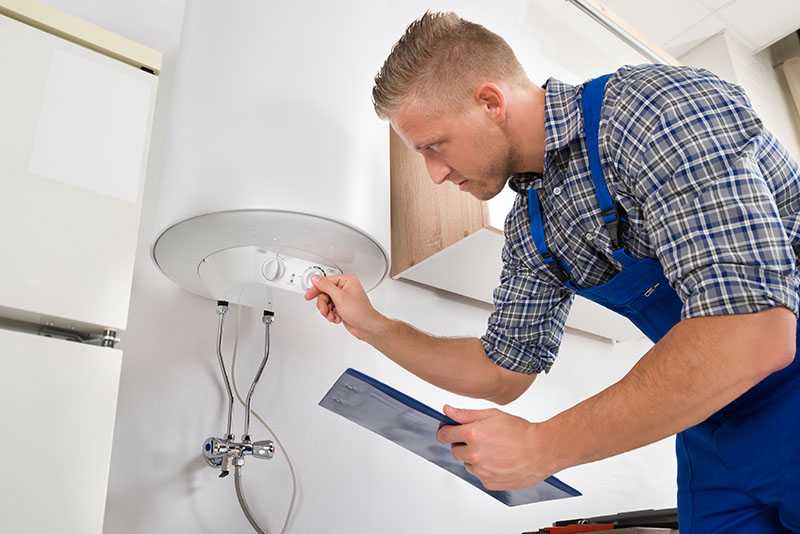





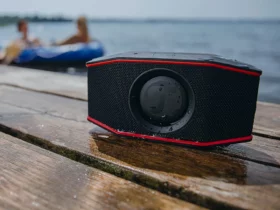

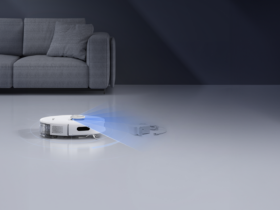

Leave a Reply
View Comments